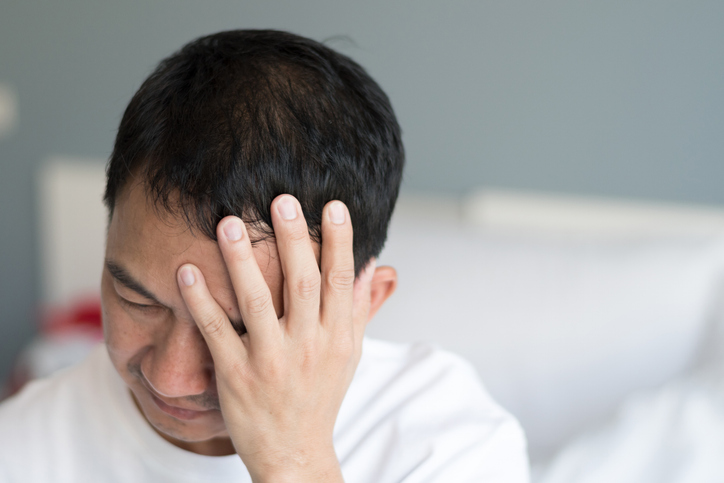Common Signs and Symptoms of Brain Injuries

It’s important to know the signs of brain injuries so you can get the right help and care. It doesn’t matter if the injury is from an accident, illness, or other health issue, finding it early can greatly help healing and improve life quality. Here are some things to look out for, and if you or a loved one experiences a head injury or noticeable changes in behaviour, you must seek medical help as soon as possible.
Physical Symptoms
Brain injuries can cause a range of physical symptoms that may appear immediately or develop over time. These are some of the most common signs to look out for:
Headaches: Persistent or worsening headaches that don’t go away with rest.
Dizziness and Balance Issues: Feeling unsteady, lightheaded, or uncoordinated.
Nausea and Vomiting: These symptoms can occur soon after an injury and may persist.
Blurred Vision: Difficulty focusing or seeing clearly.
Fatigue: An overwhelming sense of tiredness that does not improve with rest.
Sensitivity to Light and Noise: Increased discomfort in bright or noisy environments.
Seizures: In some cases, a brain injury can lead to seizures, which require immediate medical attention.
Cognitive Symptoms
A brain injury can affect the way a person thinks, remembers, and processes information. Some common cognitive symptoms include:
Memory Problems: Difficulty remembering recent events or important details.
Confusion and Disorientation: Feeling unsure of time, place, or personal details.
Difficulty Concentrating: Struggling to focus on tasks or conversations.
Slowed Thinking: Taking longer than usual to process information or respond.
Poor Judgment: Making decisions that seem out of character or risky.
Emotional and Behavioural Symptoms
In addition to physical and cognitive changes, a brain injury can also affect our emotions and how we behave. It is important to pay attention to:
Mood Swings: Rapid changes in emotions, from happiness to irritability or sadness.
Depression and Anxiety: Feelings of hopelessness, fear, or worry that interfere with daily life.
Irritability: Becoming easily frustrated or angered over small things.
Personality Changes: Noticing big differences in how a person acts or interacts with others.
Sleep Disturbances: Difficulty falling asleep, staying asleep, or sleeping too much.
When to Seek Help
If you or your loved one is experiencing any of these signs or symptoms, especially following a head injury, it is important to go and see your doctor. Early diagnosis and treatment can help manage symptoms and support recovery. A healthcare professional can assess the severity of the injury and recommend the right course of action, whether it’s rest, therapy, or more specialised care.
How We Can Help
At Eximius Support, we understand how challenging it can be to navigate life after a brain injury. Our compassionate and professional live-in care services are designed to provide personalised support that meets your needs. From assisting with daily activities to offering emotional support, we are here to help you or your loved one feel safe, comfortable, and cared for every step of the way.
If you need support or guidance, reach out to us today to learn how we can assist you or your loved one on the path to recovery.
Supporting Our Clients With Brain Injuries